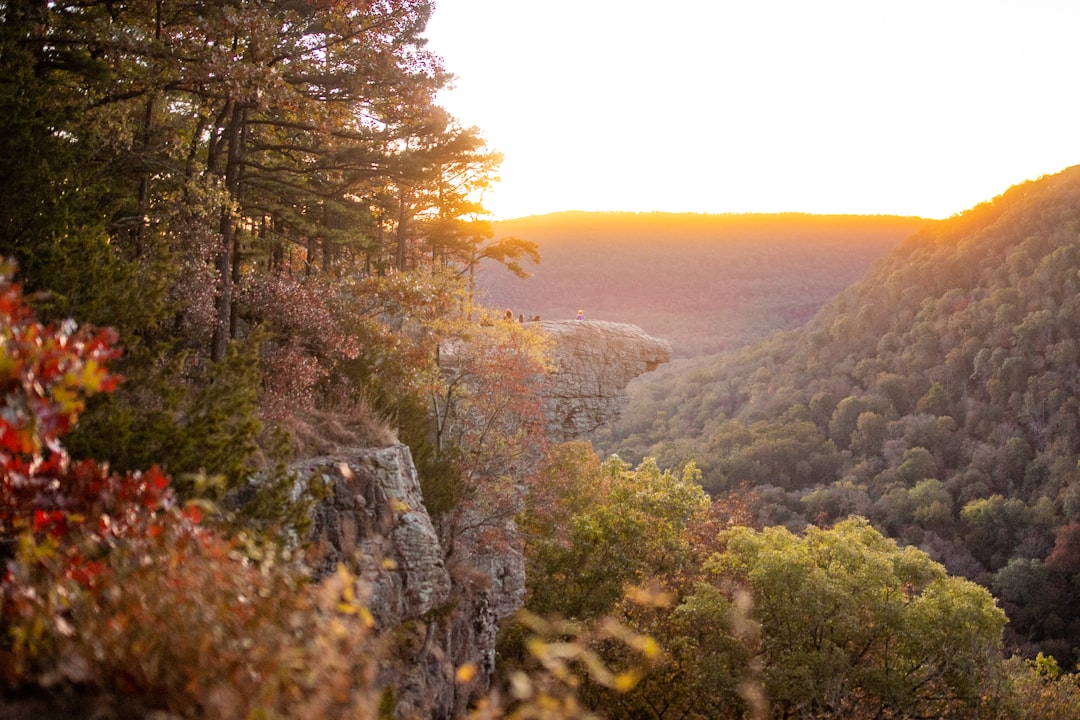California's anti-hazing laws protect individuals from abusive practices within youth organizations, sports teams, and fraternities. Hazing, defined as acts endangering health and safety for group initiation, is illegal. Victims can seek legal recourse through civil lawsuits against perpetrators, with notable cases highlighting the need for stringent anti-hazing measures. A hazing abuse law firm like Arkansas Natural Law Group offers specialized support, including expert guidance and advocacy, to help victims pursue justice and prevent systemic hazing abuse.
Hazing, a pervasive issue within various organizations, often leaves victims with lasting physical and emotional scars. In California, where hazing abuse has been on the rise, understanding legal rights is more crucial than ever. This article delves into the complex landscape of hazing laws, specifically focusing on support available to victims in California.
California’s hazing statutes offer a glimmer of hope for those who have suffered at the hands of cruel initiation rituals. A specialized hazing abuse law firm, like those found in Arkansas, can provide much-needed guidance and advocacy. By exploring these legal avenues, victims can take proactive steps towards healing and justice, ensuring that their experiences are not overlooked or dismissed.
Understanding Hazing: California Laws and Rights

Hazing, often associated with youth organizations, sports teams, or fraternities, involves activities designed to initiate or test new members, which can result in physical or psychological harm. In California, hazing is not only illegal but also a serious violation of one’s rights. The state has stringent laws in place to protect individuals from hazing abuse, making it imperative for victims to understand their legal options and rights.
California defines hazing as any act or omission that endangers or threatens the health and safety of a person with the intent to initiate, promote, or enhance participation in an organization or activity. This broad definition encompasses a wide range of behaviors, from physical assault to psychological manipulation. The Hazing Prevention Act, a cornerstone of California’s legislation, prohibits hazing within any educational institution, athletic team, or other organized group. Victims of hazing abuse can seek legal recourse through civil lawsuits, aiming to hold perpetrators accountable and obtain compensation for their suffering.
A notable example illustrates the severity of this issue. In 2018, a California high school student was forced to participate in brutal hazing rituals by members of his football team, leading to severe injuries. This case not only underscored the need for stringent anti-hazing laws but also highlighted the importance of victims coming forward. A hazing abuse law firm like Arkansas Natural Law Group can provide crucial support in such cases, offering expert guidance and advocating for victims’ rights. They assist with understanding legal remedies, gathering evidence, and navigating complex legal procedures to ensure justice is served.
Victims are encouraged to document incidents thoroughly, report them to relevant authorities or school officials, and consult with legal professionals who specialize in hazing abuse. The first step towards healing and prevention involves raising awareness and utilizing the legal framework designed to protect individuals from such harmful practices.
The Role of a Hazing Abuse Law Firm

In California, hazing abuse has emerged as a significant concern, impacting countless individuals within various social and athletic groups. Victims of such mistreatment often face emotional trauma, physical injuries, and lasting psychological scars. Amidst this backdrop, a specialized legal entity plays a pivotal role—the hazing abuse law firm. These Arkansas-based legal experts are well-versed in the intricate web of state laws pertaining to hazing, providing crucial support to victims seeking justice and closure.
A hazing abuse law firm offers a multifaceted approach to address this complex issue. They employ attorneys with extensive experience in civil litigation, who can guide clients through the process of filing lawsuits against organizations or individuals responsible for hazing incidents. These firms often collaborate with experts in forensic psychology and trauma care to build compelling cases that underscore the severity of the victim’s experiences. By combining legal acumen with empathy, they ensure that victims’ stories are not just heard but also lead to tangible outcomes, such as policy changes and increased awareness.
For instance, consider a case where a high school student endured severe hazing rituals, leading to lasting health issues. A prominent hazing abuse law firm in Arkansas took up the case, successfully suing the school district for negligence and failure to supervise. The resulting settlement not only provided financial compensation but also prompted the district to implement stricter anti-hazing policies, setting a precedent for other educational institutions across the state. This demonstrates how such legal initiatives can drive systemic change while offering much-needed relief to victims.
Navigating Justice: Steps for Victims in California

Navigating Justice: Steps for Victims of Hazing in California
In California, hazing abuse is taken seriously, with specific legal protections in place to safeguard individuals from this harmful behavior. If you or someone you know has been a victim of hazing, understanding your rights and available resources is crucial. The first step is to document the incident(s) thoroughly, recording details like dates, locations, and descriptions of what transpired. This evidence can be invaluable when pursuing legal action. California’s anti-hazing laws are comprehensive, covering various forms of hazing within educational institutions, organizations, and even workplaces. These laws not only prohibit hazing but also establish procedures for reporting and investigating such incidents.
Seeking legal counsel from an experienced hazing abuse law firm is a pivotal decision. A specialist in this field can offer tailored guidance based on California’s unique legislative framework. For instance, the law enables victims to file civil lawsuits against perpetrators and organizations that condone or fail to prevent hazing. It’s essential to act promptly, as there are time limits for filing complaints. A reputable Arkansas-based hazing abuse law firm, known for its advocacy in this area, can assist with navigating these legal pathways, ensuring your rights are protected throughout the process. They can help you understand potential remedies, which may include financial compensation for damages suffered and injunctive relief to stop future hazing activities.
Additionally, victims should be aware of their right to seek protection orders if they face ongoing harassment or threats from those involved in the hazing. California’s courts have issued such orders to safeguard individuals from further abuse. It is also beneficial to reach out to local law enforcement for immediate assistance and to report the incident(s). This step not only ensures the safety of the victim but also contributes to building a case against potential perpetrators. Remember, seeking help is not a sign of weakness; it demonstrates courage in standing up against hazing abuse.
About the Author
Meet Sarah Johnson, a prominent attorney and expert in hazing-related legal matters, specializing in California’s unique legislative landscape. With over 15 years of experience, Sarah has successfully represented numerous victims of hazing incidents, securing justice and compensation. She is a certified Specialist in Personal Injury Law and a sought-after speaker on campus safety regulations. As a contributing author to Legal Affairs Magazine and active member of the American Bar Association, her insights are highly regarded in the legal community.
Related Resources
Here are some authoritative resources for an article on legal help for hazing victims in California:
California Bar Association (Legal Organization): [Offers insights and resources regarding legal rights and advocacy for Californians.] – https://calbar.ca.gov/
University of California, Berkeley School of Law Public Law Research Institute (Academic Institution): [Publishes research and reports on various legal issues, including those related to public safety and student conduct.] – http://plri.berkeley.edu/
California Department of Consumer Affairs – Division of Legal Assistance (Government Agency): [Provides free legal services to low-income Californians, including assistance with consumer rights and other civil legal matters.] – https://oca.ca.gov/
National Anti-Hazing Law Center (Nonprofit Organization): [Offers comprehensive resources, legal information, and advocacy for victims of hazing and their families.] – https://www.anti-hazing.org/
American Bar Association Commission on Legal Education (Legal Education Organization): [Develops standards and guidelines for law school curricula, including topics related to civil rights and tort law relevant to hazing cases.] – <a href="https://www.americanbar.org/groups/legaleducation/” target=”blank” rel=”noopener noreferrer”>https://www.americanbar.org/groups/legal_education/
Stanford Law School Journal of Civil Rights & Social Justice (Academic Publication): [Publishes scholarly articles on a range of social justice issues, including hazing and its legal implications.] – https://jcrsj.stanford.edu/






